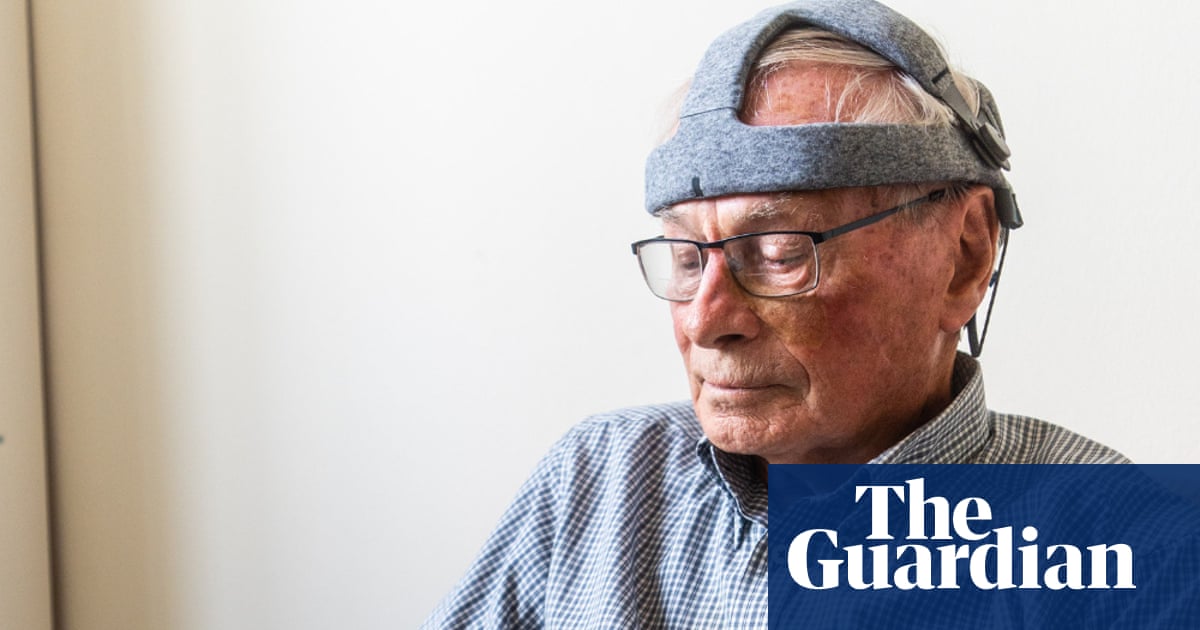
"A three-minute brainwave test can detect memory problems linked to Alzheimer's disease long before people are typically diagnosed, raising hopes that the approach could help identify those most likely to benefit from new drugs for the condition. In a small trial, the test flagged specific memory issues in people with mild cognitive impairment, highlighting who was at greater risk of developing Alzheimer's. Trials in larger groups are under way."
"The Fastball test is a form of electroencephalogram (EEG) that uses small sensors on the scalp to record the brain's electrical activity while people watch a stream of images on a screen. The test detects memory problems by analysing the brain's automatic responses to images the person sees before the test. This shows us that our new passive measure of memory, which we've built specifically for Alzheimer's disease diagnosis, can be sensitive to those individuals at very high risk but who are not yet diagnosed,"
A three-minute Fastball EEG brainwave test can detect memory problems linked to Alzheimer's disease long before typical diagnosis. The Fastball test uses small scalp sensors to record electrical activity while participants watch a stream of images and measures automatic brain responses to images seen before the test. In a small trial involving 54 healthy adults and 52 people with mild cognitive impairment, the test flagged specific memory issues and identified individuals at greater risk of developing Alzheimer's. Volunteers named eight pre-exposed images before the EEG session and then viewed hundreds of images with every fifth image repeating one of the eight. Trials in larger groups are under way to validate the approach.
Read at www.theguardian.com
Unable to calculate read time
Collection
[
|
...
]